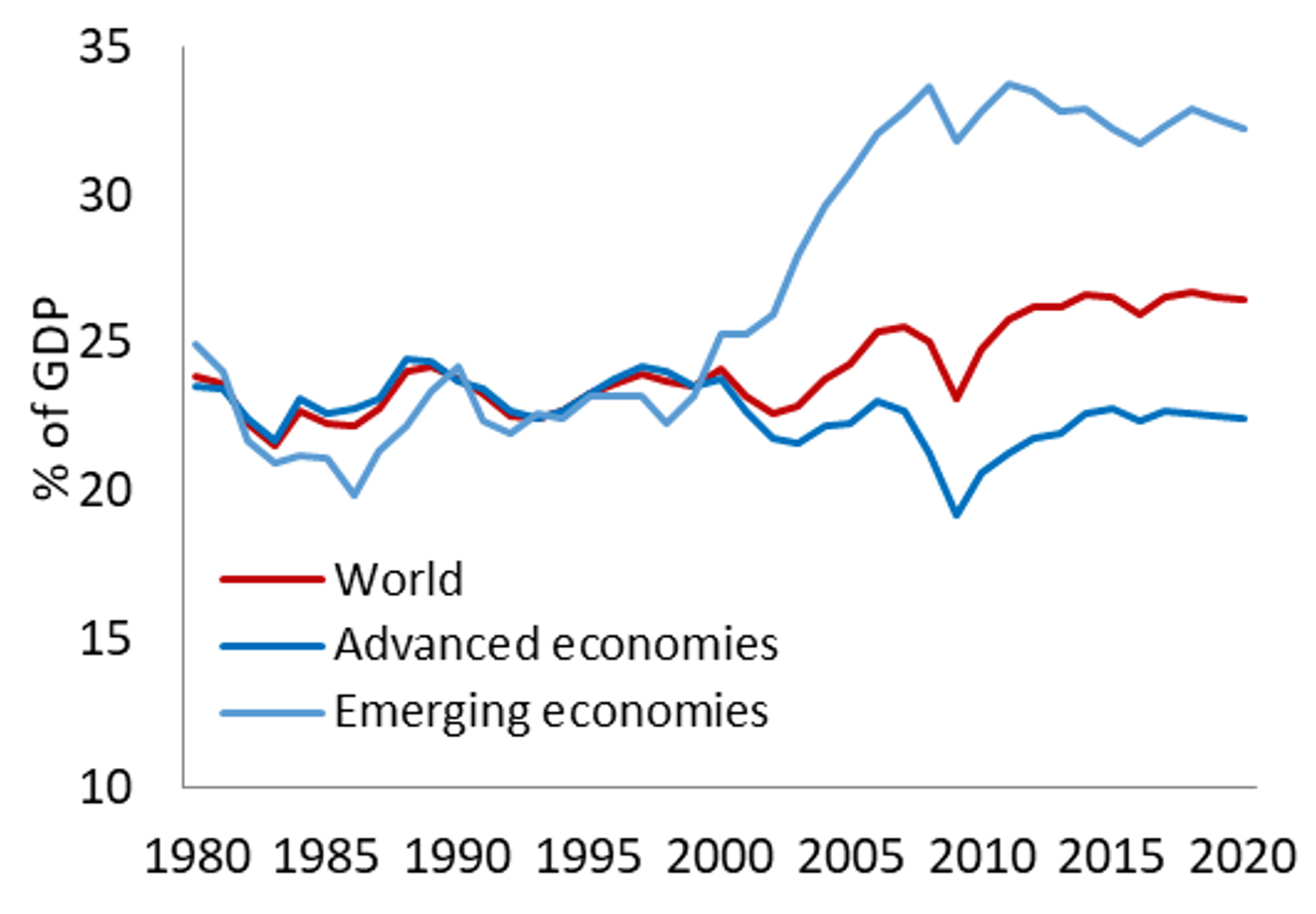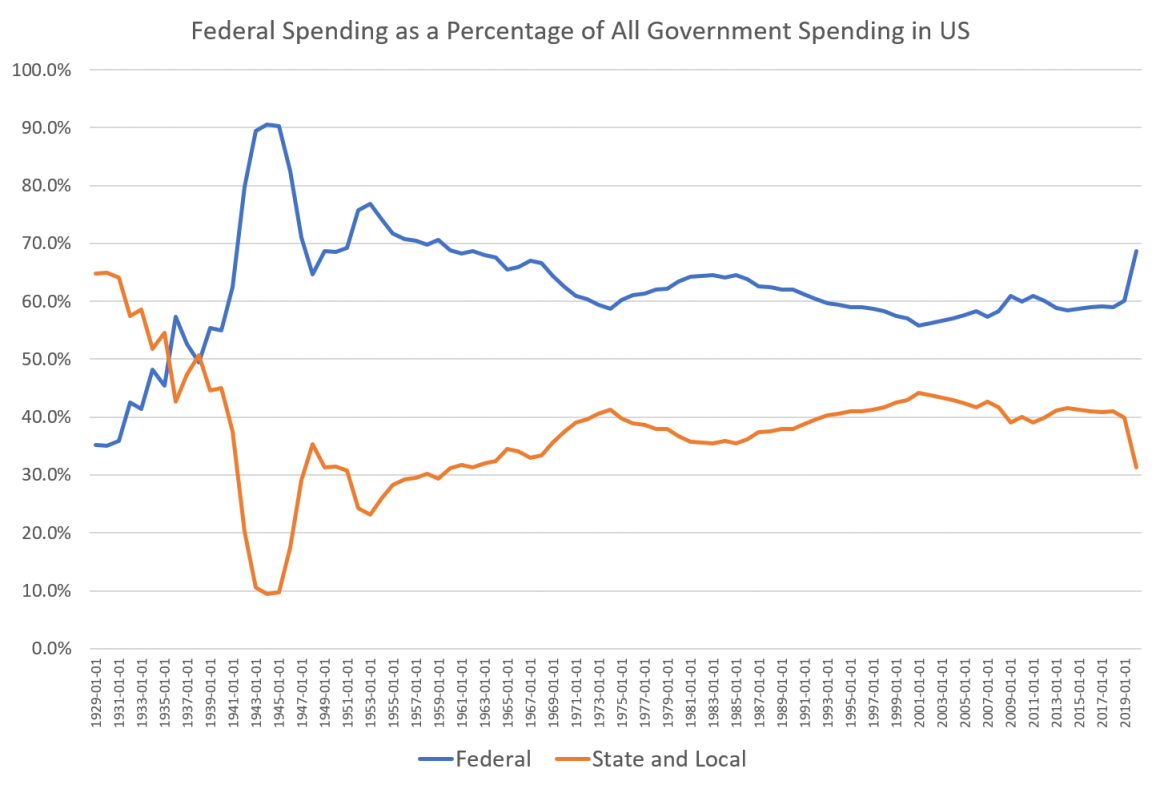Isn’t a principle of nonaggression against others another way of stating the self-ownership principle? “Not necessarily,” says the insightful philosopher Chandran Kukathas. Original Article: “Is Self-Ownership Necessary?” Chandran Kukathas is one of the best contemporary political philosophers, and one of the few sympathetic to libertarian views. Unlike Murray Rothbard, he does not consider self-ownership fundamental but instead defends libertarianism from a different standpoint that is skeptical of principles considered apart from their expression in particular societies. In this week’s article, I’d like to look at an extended statement of Kukathas’s position on this issue, his article “Libertarianism without Self-Ownership” (Social Philosophy and Policy,
Topics:
David Gordon considers the following as important: 6b) Mises.org, Featured, newsletter
This could be interesting, too:
Nachrichten Ticker - www.finanzen.ch writes Die Performance der Kryptowährungen in KW 9: Das hat sich bei Bitcoin, Ether & Co. getan
Nachrichten Ticker - www.finanzen.ch writes Wer verbirgt sich hinter der Ethereum-Technologie?
Martin Hartmann writes Eine Analyse nach den Lehren von Milton Friedman
Marc Chandler writes March 2025 Monthly
 Isn’t a principle of nonaggression against others another way of stating the self-ownership principle? “Not necessarily,” says the insightful philosopher Chandran Kukathas.
Isn’t a principle of nonaggression against others another way of stating the self-ownership principle? “Not necessarily,” says the insightful philosopher Chandran Kukathas.
Original Article: “Is Self-Ownership Necessary?”
Chandran Kukathas is one of the best contemporary political philosophers, and one of the few sympathetic to libertarian views. Unlike Murray Rothbard, he does not consider self-ownership fundamental but instead defends libertarianism from a different standpoint that is skeptical of principles considered apart from their expression in particular societies. In this week’s article, I’d like to look at an extended statement of Kukathas’s position on this issue, his article “Libertarianism without Self-Ownership” (Social Philosophy and Policy, 2019).
Societies are many and various, and few are libertarian; if you reject standards considered apart from their expression in particular societies, how do you get to libertarianism? Kukathas answers in this way: “At the heart of the libertarian view, then, is a principle of nonviolence and nonaggression against others. Any form of aggression against others is difficult to justify: the good of the person aggressed against cannot justify it, and one’s conviction that compulsion of the other is right is not in itself sufficient to do so either. Libertarians attach very great weight to this principle of noncompulsion.”
When I read that, I was startled. Isn’t a principle of nonaggression against others another way of stating the self-ownership principle? (When he speaks of “nonviolence,” this isn’t to be taken as a commitment to pacifism but rather to rejection of the initiation of violence.) How can you accept one principle without the other?
Kukathas’s reasons for questioning self-ownership in fact apply with equal force to nonaggression, as you would expect. One of these is that “ownership” is not a something that you possess by yourself but is rather a concept that depends on relationships between persons, and these relationships aren’t fixed but vary among societies. He says: “The Rothbardian view of self-ownership presupposes (but does not justify) an understanding of ‘ownership’ that appears to take it as self-evident or obvious what the rights of ownership are, and to have no place for the idea that ownership might come with duties or liabilities. This may not be all that surprising, since it is clearly a view that does not regard property relations and rules of property as the product of convention or social construction—or more simply, tradition. But in fact, understandings of property vary across different societies, as do understandings of personhood, identity and obligations to others.”
But, if that is a good criticism, why doesn’t it also apply to “aggression”? Doesn’t this also vary from one society to another? If, as Kukathas says, what is considered a “self” is not fixed absolutely, is “aggression” any more fixed? Slavery is an example of a social institution founded on aggression, if anything is; but slavery has varied in type and severity. It hardly seems a good reason to reject a universal prohibition of slavery that the meaning of “slavery” is in part conventional and differs among societies and historical eras.
Kukathas would not, I think, deny this, but what worries him is that insistence on abstract rights may incline people to intervene forcibly with long-established societies that have customary ways of doing things. For him, a libertarian world is one in which peoples with different customs live peacefully. He says,
What this means for the version of libertarianism presented here is that it does not assume that the outcome of respect for property conventions, or of different ways of living more generally speaking, will be a world of libertarians or libertarian societies. It may be that the development of different forms of human association leaves many parts of the world governed by different norms and not necessarily by commercial or market relations. The theory’s individualist starting point does not lead to advocacy of an individualist way of life. In this regard, it assumes a particular interpretation of libertarianism’s nonaggression principle…. [On Kukathas’s understanding of the nonaggression principle] the nonaggression principle implies that there is no warrant for exercising force to compel others to live according to norms they do not accept, and so no justification for requiring a community or society to live according to libertarian principles.
This seems broadly speaking correct, although whether people in particular societies who live under arrangements that we view as bad ones have in fact freely consented to them, meaning by “consented” not just in accord with the understanding of “consented” prevalent in that society, is something that needs to be examined. But a difficulty arises, which Kukathas from his own perspective cannot readily escape. He urges that “individual” and “ownership” are to a large extent based on convention, not to be forced into the rigid frame of an abstract theory. But isn’t “society” also conventional? How do we know when the customs of one society impinge unacceptably on those of another, given the fluidity of this concept? The article gives evidence that Kukathas is well aware of the problem, and indeed the difficulty of exactly characterizing “society” is a principal theme of his recent and excellent book Immigration and Freedom (Princeton, 2021) And if this is so, it isn’t evident that resort to people living in society will resolve the issues of convention that Kukathas presses against self-ownership.
Don’t we need a “core” notion of self-ownership and property by which we can step back from particular societies and evaluate them? Kukathas disagrees:
One important question that has to be considered here is whether this means that there is any core notion of property on which libertarians rely in adopting this standpoint—a notion of property that has to be respected in all contexts? Are any conventions of property permissible so long as they are accepted by the community that abides by them? This issue is not an easy one to settle because insisting on a certain core understanding of property supplies a warrant for intervening in the practices and lives of people who might not accept that understanding—something of which the European colonizers of new worlds were certainly guilty—but denying that there is any core leaves one unable to distinguish between genuine or valid or legitimate property claims from spurious, invalid, or illegitimate ones. The conclusion advanced (but not fully defended) here is that there is no core notion of property to which appeal can be made and that, to this extent, we are left only with the option of engaging with those whose views of the matter differ from our own and seeking some accommodation or compromise.
Kukathas has here let his entirely justified fear of resort to the state to enforce a regime of rights distract him from the question of whether such rights exist apart from social convention. His argument here is uncomfortably close to this: “Position X will lead likely to bad consequence Y, even though X does not imply Y; therefore we should reject X, and avoid addressing X’s truth apart from its bad consequence.”
Kukathas, ever resourceful, has anticipated this rejoinder. He comments: “Of course, there is the alternative of trying to establish philosophically the correct definition of the core understanding of property and then taking this to those whose understanding is defective and persuading them of the correct view. But if they are reluctant to accept this definition, what then?” But this does not deal with the point I take to be essential. Whether a view of rights is correct is separate from the bad consequences that may ensue from endeavors to enforce the view and also of efforts to persuade others of its truth.
You can always learn a great deal from reading Chandran Kukathas, and I urge my readers to study his work carefully.
This Audio Mises Wire is generously sponsored by Christopher Condon. Narrated by Michael Stack.
Tags: Featured,newsletter







